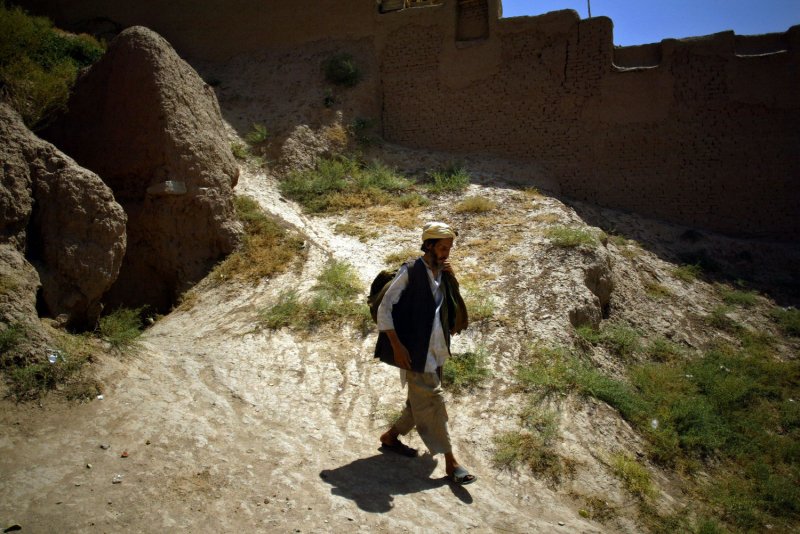KABUL, Afghanistan, May 13 (UPI) -- A serious fungal disease has hit Afghanistan's poppy crop, which could reduce this year's opium output by a quarter from last year, a U.N. official said.
The infection has affected half of the Afghan poppy crop, Antonio Maria Costa, head of the U.N. Office on Drugs and Crime, told the BBC. Afghanistan accounts for 92 percent of the world's opium.















